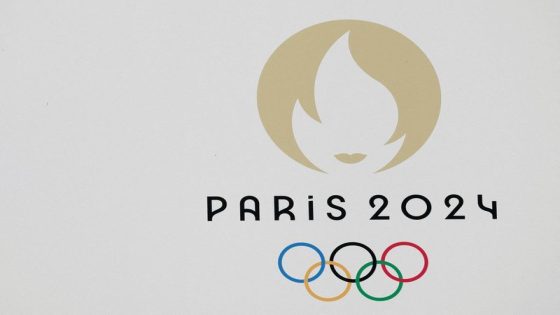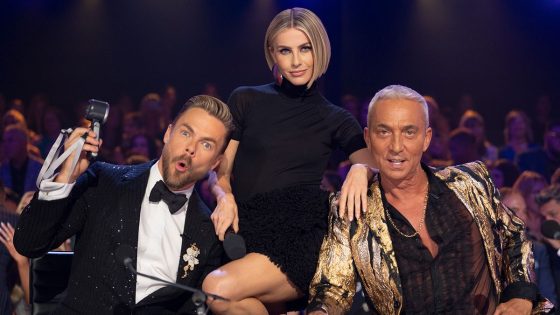(Reuters) – Russia accused International Olympic Committee President Thomas Bach on Tuesday of taking part in a “conspiracy” with Ukraine to exclude its strongest athletes from this year’s Paris Games.
Russian Foreign Ministry spokeswoman Maria Zakharova made the allegation after two Russian pranksters known as Vovan and Lexus published a recording of a conversation with Bach in which he was falsely led to believe he was speaking to an African sports official.
Bach said in the call that the IOC had established a special panel to monitor the media and the internet and ensure that Russian athletes who had made political statements in support of their government could not take part in the Olympics.
“We have also offered to the Ukrainian side – not only offered, but asked them – to provide us with their knowledge of the behaviour of such (Russian) athletes or officials,” Bach could be heard saying in English on the recording.
Zakharova posted on Telegram that Bach had “entered into a political-administrative and, apparently, criminal conspiracy with one specific party” – meaning Ukraine – “to exclude strong sports competitors from international competitions”.
She added: “The relationship of IOC President Bach with the National Olympic Committee of Ukraine and its officials, and the admissions of a ‘request to monitor Russian athletes’ should be the subject of a thorough investigation.”
Relations between Russia and the IOC have worsened sharply in the run-up to the Olympics, at which Russian and Belarusian athletes will compete as neutrals, without their flags and anthems, because of the war in Ukraine. They have also been banned from taking part in the opening parade.
Pre-empting the publication of the prank call, the IOC said last month that Bach had been the victim of a hoax.
The IOC has publicly announced the establishment of a review panel to evaluate the eligibility of every Russian or Belarusian athlete who qualifies for Paris. In order to be cleared to compete, athletes must not have actively supported the war in Ukraine and must not be contracted to any military or security agency.
(Reporting by Mark Trevelyan; editing by Christina Fincher)
Source Agencies



